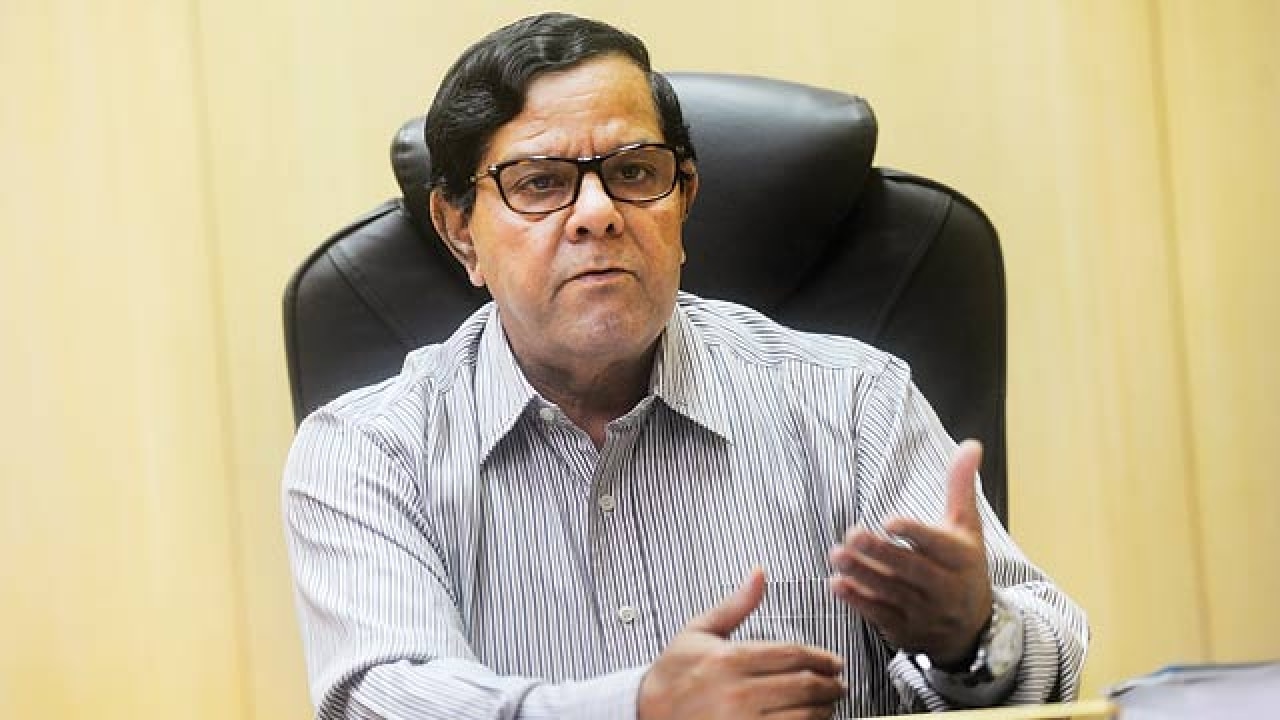
Even though the "revolutionary" Right to Services Act may have been a flagship Act of the government, the lack of its awareness by government is telling. Two years to have a commission with frugal staff, one is also yet to hear if a person was even fined for not providing a service. In his first interview, Swadheen Kshatriya, the first commissioner of Right to Services Commission talks about how he looks to make RTS popular by involving civil society, sensitizing officers and pushing the government to sooner notify services that are run to 379 of over 1,000 services that need to be notified for citizens to avail them as per the Act. Excerpts of his interview with the DNA.
Foremost in my mind is to create awareness about the Act. As of now there is little awareness. Meetings with officials is first part of it and two (revenue) divisions (of six) have already been covered where I am sensitizing them about it. I also intend to take meeting with civil society members. It will be a good idea to have a committee. This is a revolutionary law, through which we will providing services as duty and obligation and not as a mercy to citizens in timely manner. It is great step in democracy and empowering people.
There are three stage in this Act. There is designated officer who is to give service and provide reasons in writing for not giving them. Commission is the third stage. First and second appellate is within the department. Things will take time for appeals to come. I get representation every day. People write to us directly saying we did not get service. We are doing 'margdarshan' of who is the designated officer for them to approach first. We have put on website how to make application, acknowledgement, and proformas. Since there are stages and little awareness, it is taking time. Our request is that people make applications online, though offline is not barred. We want more and more people to use online portal through Aaple Sarkar and also use free app specially made of it. They need not even go to office and that will help us monitor easily. If people make applications online, it will be easier to monitor too. As of now 79 lakh application have been made of which 56 lakh have been disposed and rest in process of being disposed.
The Act is powerful. It is precisely for its implementation that commission is made. The government is serious on about its implementation in letter and spirit. I am very confident that once my office is process of settling down, things will move. Once the office is settled, we will play an important role. We are asking for deputation of staff and also outsourcing it. The penalty is not less. Penalty of Rs 5,000 will be paid by officer's salary.
Recommendation of action will be taken very seriously and the report will be submitted to the legislature and can be debated. In my opinion recommendation will be taken seriously.
We would like citizens to move in the same direction and that they should have assurance that they get services. After one or two conditions like minimum documents that have to be given to the officers, an eligible applicant, we will ensure that service will be delivered in stipulated period of time. We will create that kind of environment.
The Act gives tremendous powers like general superintendence, direction and management of affairs and recommend steps to public authority for effective delivery of public services that will make delivery more transparent. I will be creating awareness of the Act.
We began with 50 services and within a period of one and half year 379 were notified when I left. We still have a long way to go. Around 25 departments have notified and there are 40 departments in all. All departments must bring all services under the ambit of this law. I would say around the figure should touch 1,000. I will take it up with the government so that services are notified soon. Right now, I am focusing on what is happening in 379 services. Maximum services are coming to revenue (53 lakhs) followed by surprisingly labour (11 lakh). Services will have to be notified as per what citizens want most. If there are services that are notified and no one has applied for it, either it is not percolated down or service which is no longer relevant has been notified. We will monitor these and those that are required most, departments will have to notify them. One they are notified, compliance will be more effective. It will be a continuous ongoing exercise.
It is a fact that it has taken time. But I think that Act and structure of the commission and commissioners has been made very effective and powerful. This will make different in ensuring that services are provided in time bound manner. From here onward it will be our effort to see that it will be a different environment in which people get services.
Age, Nationality and Domicile Certificate - 15 days
lncome Certificate - 15 days
Senior Citizen Certificate - 7 days
Agriculturist Certificate - 15 days
Non Creamy Layer Certificate - 21 days
Birth Certificate - 5 days
Death Certificate - 5 days
Certificate of Niradhar - 20 days